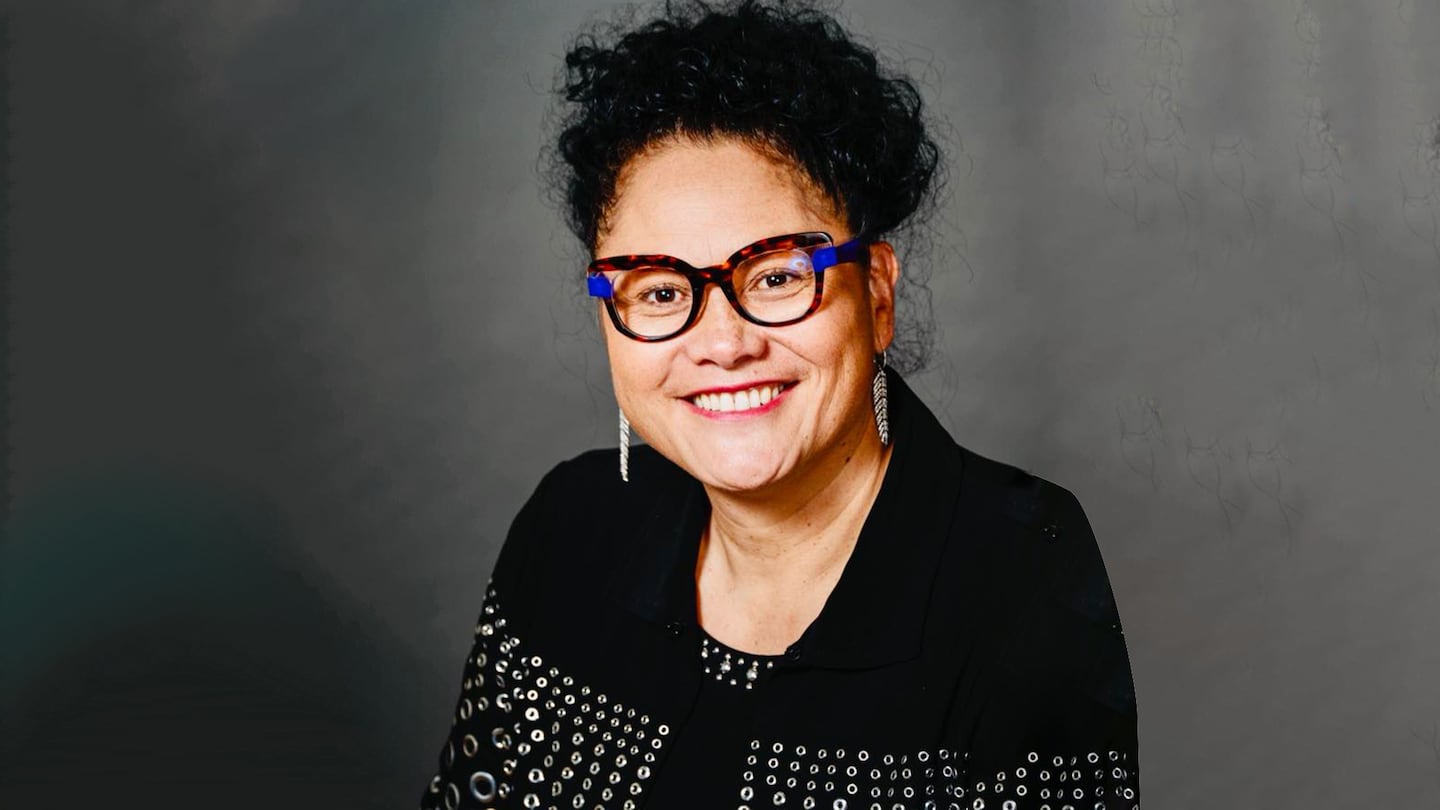OPINION: When Deputy Prime Minister David Seymour dismisses concerns raised by the United Nations Special Rapporteur on the Rights of Indigenous Peoples, Albert K. Barume, as “an affront to New Zealand’s sovereignty,” he does more than express political disagreement. He trivialises the enduring obligations of the Crown to Māori under Te Tiriti o Waitangi and undermines New Zealand’s standing as a nation committed to Indigenous rights.
Māori are not a stakeholder group. We are tāngata whenua, the first sovereign people of this land, and signatories to Te Tiriti o Waitangi. Our place within Aotearoa’s constitutional landscape is not negotiable and not subject to the preferences of the government of the day.
The Tūwharetoa Iwi Māori Partnership Board, which I chair, has raised serious concerns about the Regulatory Standards Bill. As it stands, the Bill privileges a narrow vision of individual rights and deregulation that disregards Māori collective rights, weakens environmental protections, and ignores Te Tiriti entirely. These are not abstract criticisms. They are constitutional failures.
Seymour claims the Bill “neither undermines nor overrides” Treaty protections. But that is demonstrably false. The Bill is silent on Te Tiriti. It elevates a monocultural legal standard based on private property and individual liberty while excluding Māori values like tikanga, mana motuhake, and kaitiakitanga. This is not neutral. It is erasure.
Dr Barume is not imposing an external ideology. He is fulfilling his UN mandate to monitor Indigenous rights, including in countries like ours that have committed to international frameworks such as the UN Declaration on the Rights of Indigenous Peoples. His letter reflects what Māori across the motu already know: our rights are being undermined by legislation that treats Māori law, values, and governance as optional or irrelevant.
Instead of engaging constructively, Seymour personalised the issue, saying that as a Māori person himself, he is “aggrieved” that the Special Rapporteur dares to speak about Indigenous rights in Aotearoa. This is disingenuous. Being Māori does not grant licence to disregard the collective rights of hapū and iwi or to dismiss scrutiny of state conduct.
Leaders like Albert K. Barume, grounded in global Indigenous experience, understand that sovereignty is not weakened by accountability. It is strengthened by it.
The Special Rapporteur’s concerns are echoed by Māori leaders, legal scholars, environmental advocates, and iwi Māori Partnership Boards across Aotearoa.
We are witnessing a worrying trend: the downgrading of Te Tiriti, the erosion of shared decision-making with hapū and iwi, and the rollback of Indigenous rights.
The rejection of UNDRIP’s legal relevance in the coalition agreement further signals the government’s intention to disengage from international standards designed to protect Indigenous peoples.
Let us remember that in April, the Justice Committee recommended that the so-called Treaty Principles Bill not proceed, following overwhelming opposition from Māori and other New Zealanders, as well as strong legal advice. That decision recognised the constitutional importance of Te Tiriti and the damage caused by attempts to redefine its principles through unilateral legislation.
We now urge the Finance and Expenditure Committee to take a similarly principled stance with the Regulatory Standards Bill. If the government pushes forward with legislation that ignores Te Tiriti, excludes Māori worldviews, and weakens environmental and equity protections, it must expect scrutiny from both Māori and the international community.
Te Tiriti o Waitangi is not a historical artefact. It is a living constitutional foundation that continues to shape the relationship between the Crown and Māori.
Hapū and iwi are not interest groups within a wider population. They are the enduring holders of mana whenua and rangatiratanga in Aotearoa. Their authority is inherent, not granted. It predates the Crown and the New Zealand state. Any lawmaking process that fails to recognise this status diminishes the constitutional role of Māori and undermines the integrity of our legal and political system.
New Zealand’s sovereignty is not threatened by Indigenous rights. It is defined by how honourably and consistently those rights are upheld.
Louisa Wall is Chair of the Tīwharetoa Iwi Māori Partnership Board and a long-standing advocate for Indigenous rights, health equity, and Takatāpui SOGIESC+ (Sexual Orientation, Gender Identity and Expression, and Sex Characteristics) inclusion. A former Member of Parliament, she is widely recognised for her leadership in advancing marriage equality and human rights across Aotearoa and the Pacific.



